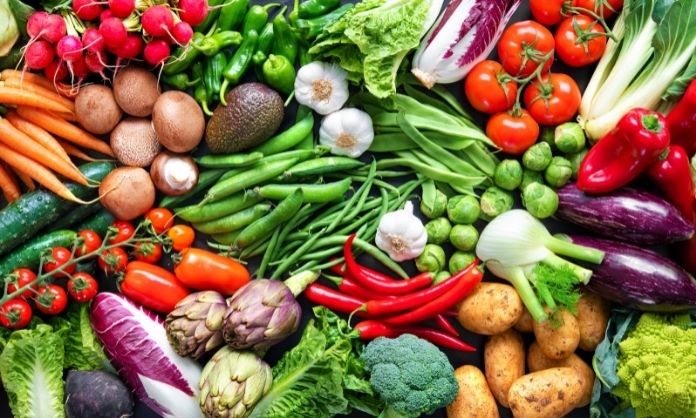
After you go grocery shopping, it can feel tempting to pull a package of delicious strawberries out of the bag and eat them immediately. Before you do so, you have to consider the risks of not washing fruits and vegetables, as it can become a significant factor in becoming sick. So, let’s learn the potential health risks unwashed fruit and vegetables pose while looking at the various prevention methods.
Potential Health Risks
Many people argue whether or not to wash produce, but many contributing factors can lead to bacterial contamination. There are two significant risks of not washing fruits and vegetables: pesticides and bacterial contamination. Foods such as tomatoes, lettuce, spinach, and cantaloupe are more prone to containing foodborne bacteria that cause illness.
Produce is constantly exposed to external elements that transmit bacteria. Situations like the transportation process to food preparation can risk grocery produce to bacterial exposure. Outbreaks such as salmonella and E. coli significantly affect produce. Both bacteria can induce nausea, vomiting, diarrhea, fever, stomach cramps, and dehydration.
Tips for Choosing Healthy Produce
When you visit the grocery store, keeping an eye out for spoiled, bruised, or damaged products will protect you from these bacteria. If you plan to purchase pre-cut fruits or vegetables, pick the items kept refrigerated or on ice to ensure freshness.
Lastly, separate your fruits and vegetables from raw produce, such as poultry, meat, and seafood, using different grocery bags. Taking these steps will help prevent the spread of bacteria and reduce the chance of catching a foodborne illness.
Cleanliness at Home
Before cooking meals, wash your hands, utensils, and food preparation areas. This also includes your cutting boards and countertops. To prepare your fruits or vegetables, clean them under running water—even if you don’t plan on peeling them.
Do not use cleaning detergents or soaps when washing your produce, as are hazardous to ingest. After washing, cut away bruised or damaged areas, and then dry your produce with a clean paper towel. While keeping your freshly washed produce away from raw animal meats, refrigerate within two hours after cutting, peeling, or cooking. Keep your produce at temperatures lower than 40 degrees Fahrenheit in a clean container.
After washing your package of strawberries, you can take a satisfying bite and enjoy the sweetness. Keeping your produce clean will allow for further enjoyment.







